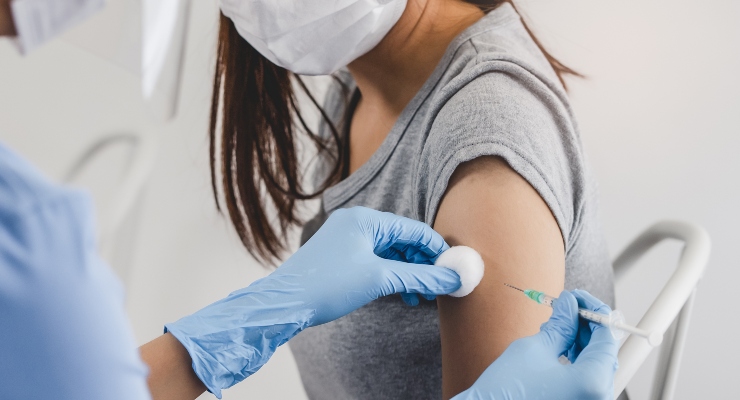
An 18-year-old woman has died from meningococcal disease after attending Canberra music festival Spilt Milk. The NSW resident is the 29th person to become infected with the disease in the state this year.
Four other cases were associated with the Splendour in the Grass music festival, which took place near Byron Bay in August. Each of the five infections was the B-strain of the disease. While a vaccine is available, it is not included under the national immunisation program.
Up to one in 10 people infected with the disease die, and four in 10 infections result in permanent disabilities.
COVID-19 has changed Australia’s viral landscape. Social restrictions and lockdowns have limited exposure to infectious diseases, causing some respiratory viruses to disappear — and others to mutate.
University of Adelaide professor in vaccinology Helen Marshall told Crikey the surge was to be expected. “Across lockdowns, we had a reduction in cases of meningococcal disease,” she said. “As we’re back to having social interactions, we’re seeing cases go up.”
Between the start of the year and mid-November, there have been 103 cases of the disease, compared with 74 confirmed cases last year. It’s still down from previous years — in 2019 there were 206 notifications.
But the number of deaths, Marshall added, was surprising. While a vaccine to protect against meningococcal disease is included under the national immunisation program and is available free for infants and minors, it only protects against the A, C, W and Y strains — not the B-strain, which is a separate vaccine.
“The cost of the vaccine is high,” Marshall said. “It’s an uncommon and rare disease, and the cost-effectiveness wasn’t there.”
The Northern Territory and South Australian governments have started providing the B-strain free after a surge in cases, although Marshall said more analysis had to be done before other states, or the federal government, followed suit. The B-strain vaccine can be purchased at full cost by those who want it.
State and territory governments, along with the federal government, have yet to release data on immunisations across the pandemic, although one Victoria-based study found lockdowns didn’t have a marked impact on vaccination rates.
The World Health Organization has also warned of a decline in vaccinations across the world, although data for Australia shows infant immunisations for major diseases remained steady across 2021.








The cost of the vaccine is high – so what is the cost?
About $125 per shot. Initially 2, then 1 after a year then 1 every 2-3 years. Plus the Dr. The disease is really bad, but the risk of getting it is very low: hard to assess. I suspect the children of all GPs are vaccinated. The article fails to inform about the numbers of the B-strain versus the others which turns it into fear-mongering only.
vaccination is not the answer I talked to a doctor today , the answer is simple -If you go to these venues or suspect you may have been start taking antibiotics – it a bacterium not a virus – that is what antibiotics are used for
Thanks, informative article